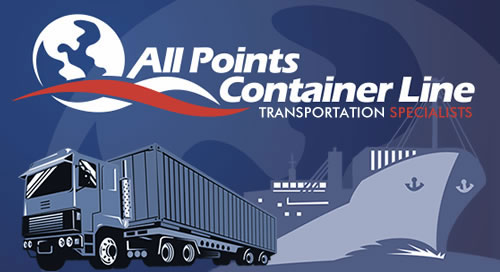This summer, the UK government announced that it will end the sale of all petrol and diesel cars by 2030. The phase-out date is part of a larger ten-point plan to tackle harmful emissions and is claimed to be creating 250,000 jobs. However, not everyone views this as a good thing. Read on to learn more.
Damaging for the Economy
With the news of the ban, APPG Chair Craig Mackinlay said, “The only thing that’s protecting the Government from electoral harm on this matter is the seeming Westminster consensus and lack of courage to stand up to the climate fanatics and say ‘Enough!’. Sooner or later the public will rebel against this madness. Better to have a rational debate now before we fully embark on a failing and expensive experiment.”
Better Options
Insiders in the industry, like Mackinlay, are calling for a removal of the ban on fossil-fueled cars and are offering other ideas. Instead, they are recommending incentives to move to clean fuels. The plan is to motivate the industry to develop new tech that won’t adversely affect the economy, drivers, or business. They want to allow the market to dictate what clean fuel technology is best and affordable. A costly, divisive Government mandate that may not work is counterproductive in their eyes.
Many Voices of Opposition
With the many voices opposing the government plan, it’s hard to say what will come of the ban. The Founder of FairFuelUK, Howard Cox, said of the ban, “The economic recovery would collapse if fossil-fueled car use is squeezed through these needless cliff edge bans. Motorists did not vote for the Green Party in the General Election. But that is what we have got. There also seems to be a deliberate policy to divide road users under the cover of a well-financed ill-informed emotive green agenda.”
Will the ban go through? Will it negatively affect the logistics industry? We’ll keep you updated.

